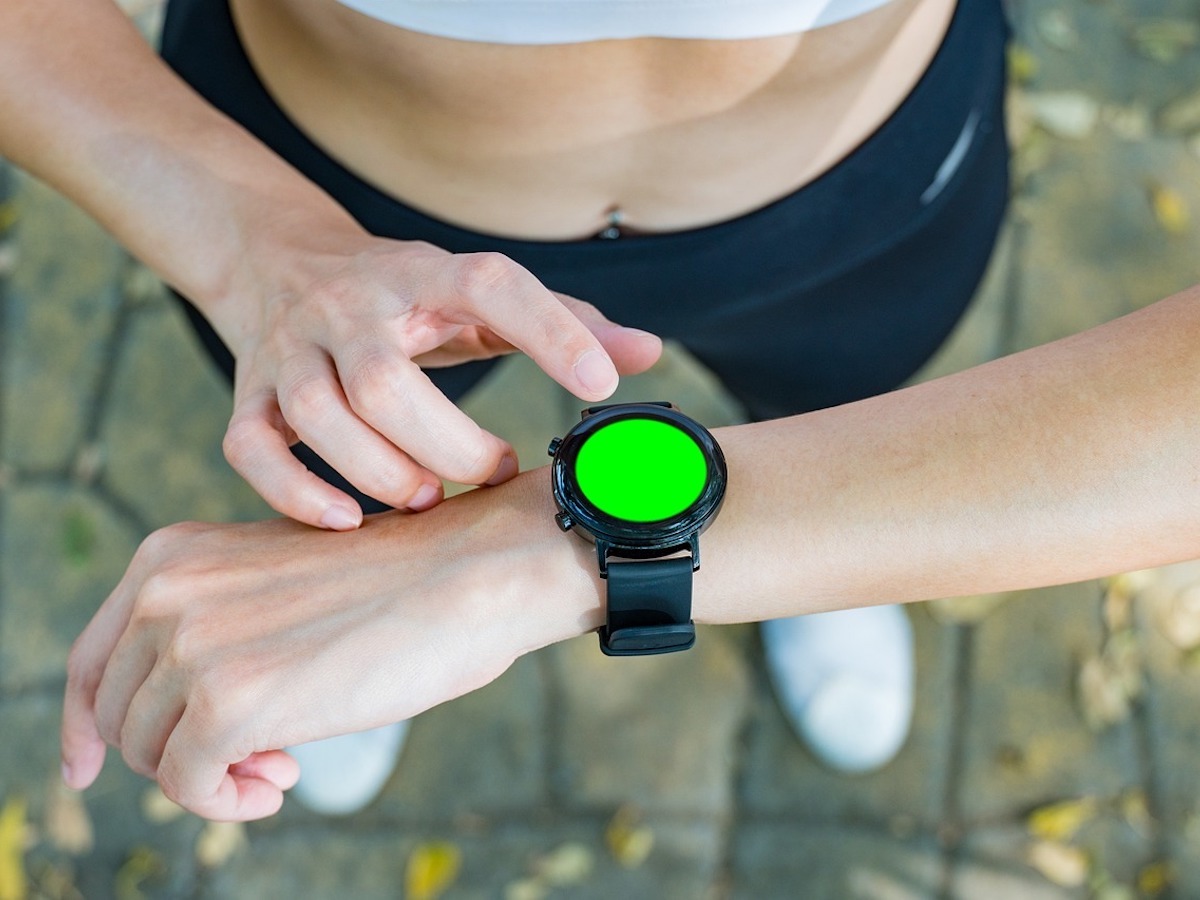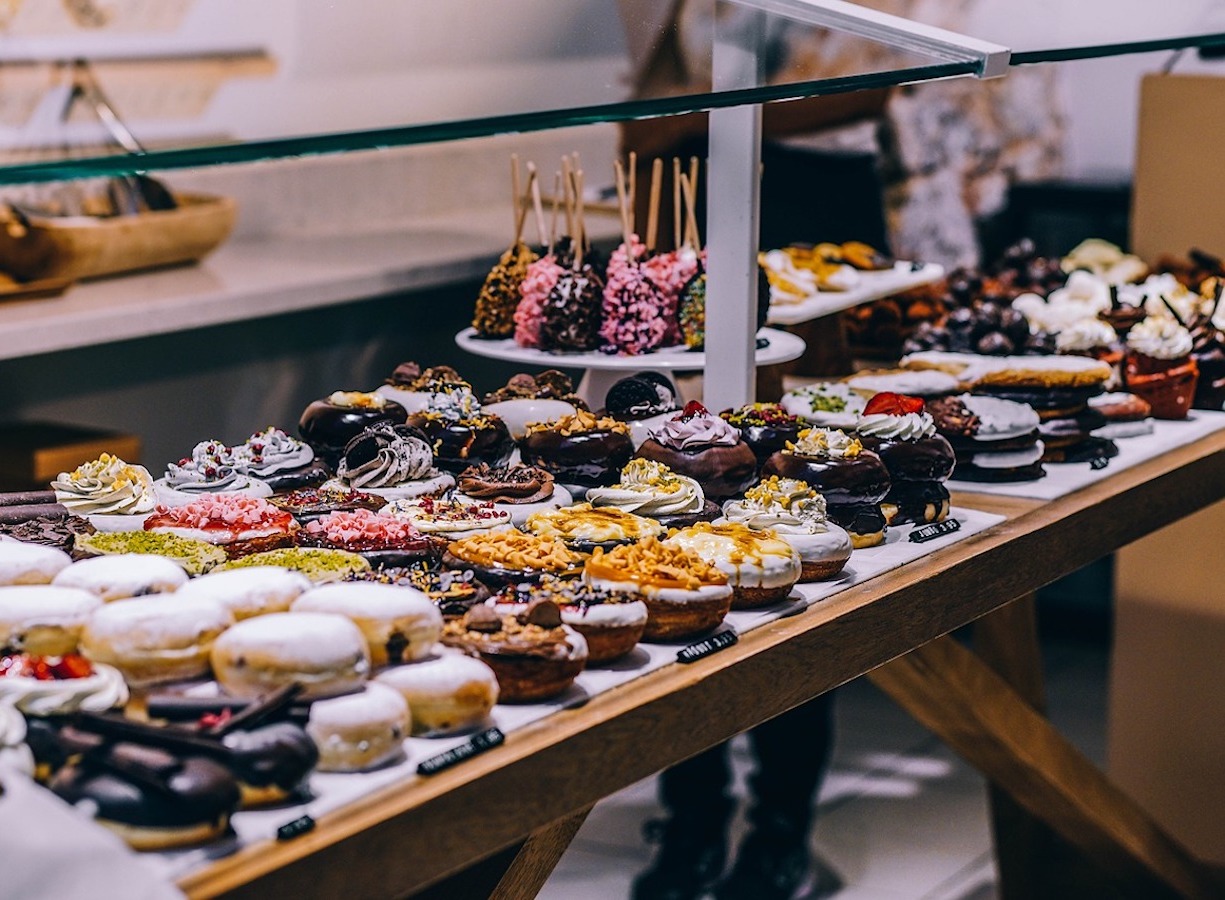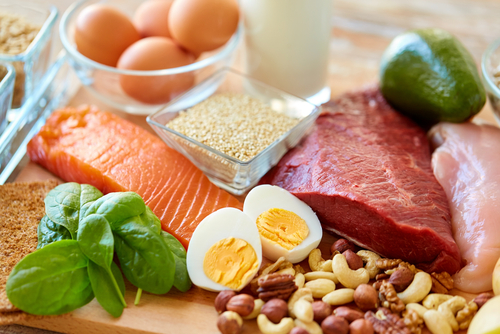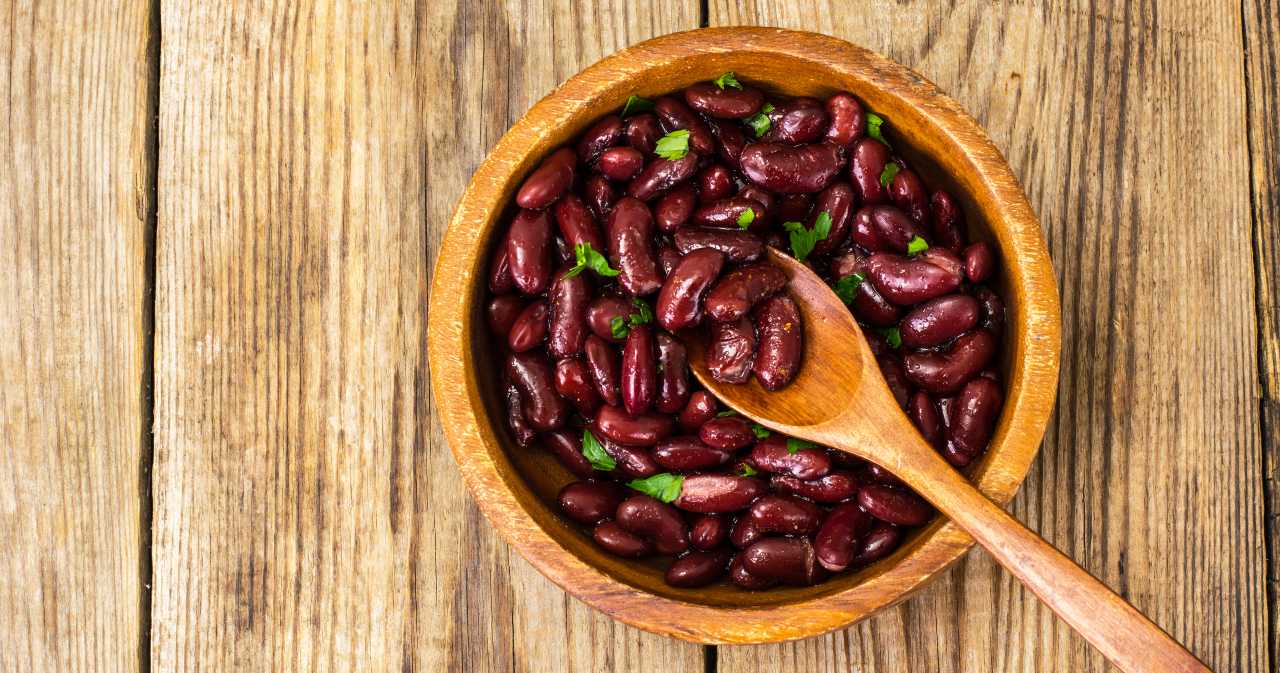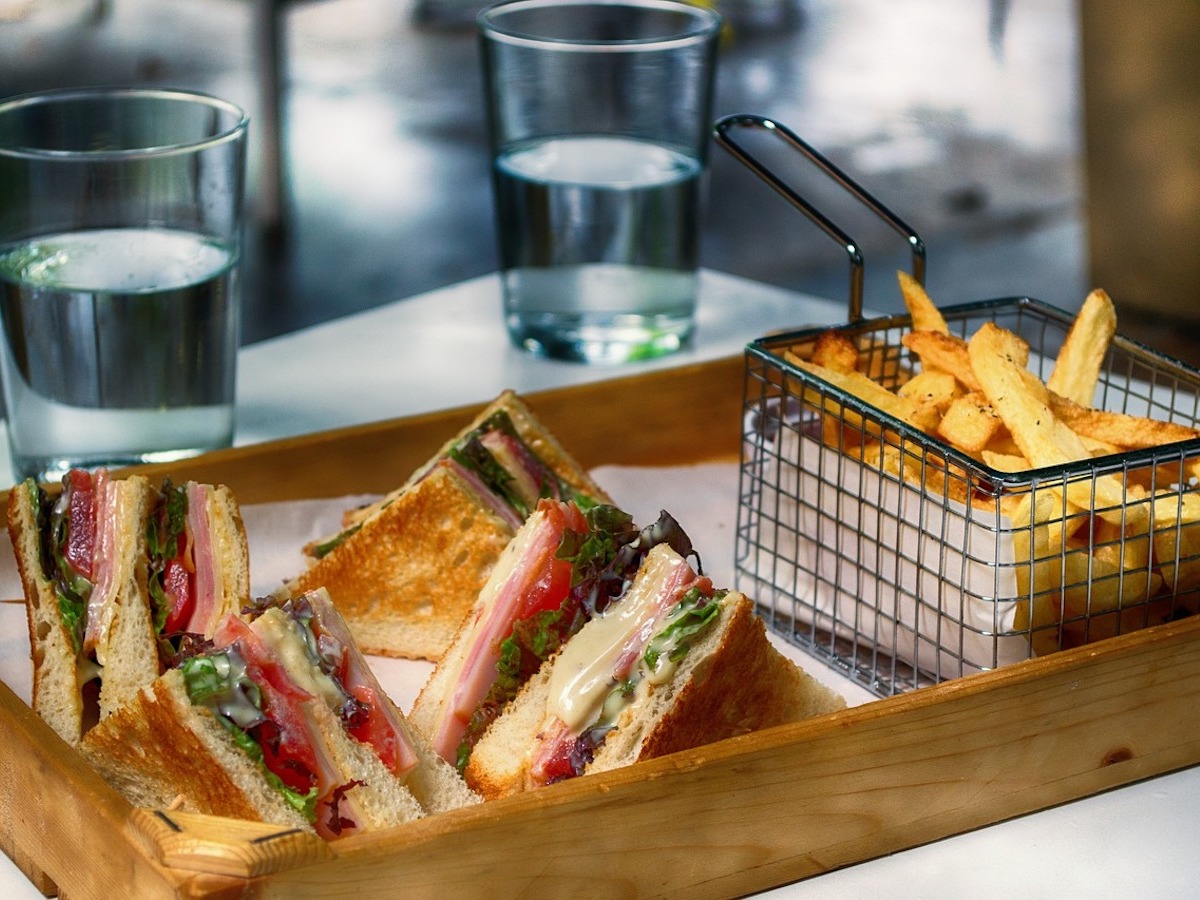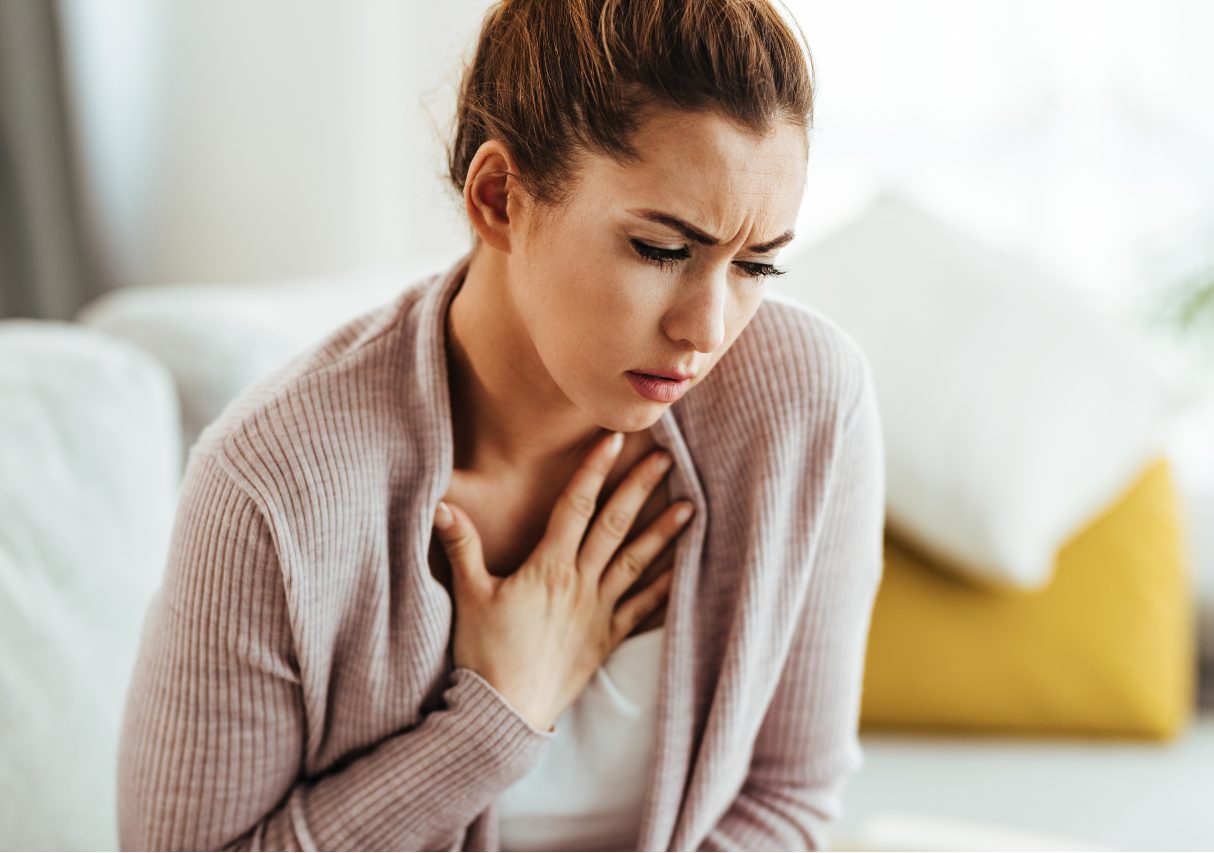Advertisement
Health
10 Ways to Lower Your Blood Pressure Naturally

Having high blood pressure over a long period of time can lead to health issues such as heart failure, stroke, or problems with the kidneys. Without a doubt these are serious issues that you want to address swiftly, but is it always necessary to take medication to lower your blood pressure? Not necessarily, as it turns out. Here are 10 ways to lower high blood pressure naturally, and just remember to always talk to your doctor if you have any concerns or before starting any kind of new health regimen!
Consume Less Sodium
The standard American diet consists primarily of red meat, dairy products, refined carbohydrates, sodium, and sugar – all of which are highly conducive to developing high blood pressure. Sodium in particular is difficult to avoid if you eat a diet high in processed foods, which is why cooking at home is so important for a healthy diet in general. The good news, however, is that even a small reduction in sodium can help lower blood pressure.
Drink Less Caffeine
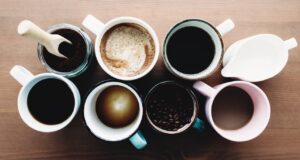
We know, this is a tough one for those of us who wake up early for work and depend on the strongest cup of black coffee imaginable just to get us through the day. The good news is that you don’t have to completely give up your precious morning beverage, but consider limiting yourself to one cup instead of three, and avoid drinking it too late in the evening so that it doesn’t negatively impact your sleep.
Lose Weight
In general, the more a person weighs the higher their blood pressure will be, which is why it’s important to strive for a healthy weight. Additionally, the more fat a person carries specifically around their midsection, the more at risk they are for high blood pressure. If you’re overweight or obese, even losing a small amount of weight will help to reduce blood pressure, and doing so by way of exercise makes the effect even more pronounced.
Cut Back on Alcohol
Some studies have shown that consuming alcohol in moderation can actually be good for your heart, but too much can lead to a spike in blood pressure, in part because of its high calorie and sugar content. Additionally, alcohol can reduce the effectiveness of some blood pressure medications. As such, it’s important to try to limit your alcohol consumption to, at most, one drink per day for women or two drinks per day for men.
Get More Sleep

Most of us don’t get enough sleep, partly because we get home from a long day of work and just want more time at night to relax and work on our hobbies. We totally empathize with that, but unfortunately not getting adequate sleep can lead to high blood pressure. Aim for seven to nine hours per night, and as hard as it may be, try to limit naps during the day and don’t eat large meals right before bed.
Eat More Potassium
Potassium is good for your health for a few reasons: not only does it help to lower blood pressure, it also regulates heart rate and assists in removing excess sodium from the body via urine. The best way to get more potassium is by incorporating potassium-rich foods into your diet, rather than taking supplements. Foods that are high in potassium include bananas, beans, lentils, spinach, avocado, winter squash, and dried fruits (but be sure to check the sugar content first!).
Exercise
You already know that exercising is good for you but more specifically, it can help lower your blood pressure. Aim for about 30 minutes of some form of cardio activity every day. You don’t even have to purchase an expensive gym membership to do so – walking, jogging, cycling, or swimming will do the trick. Additionally, aim for two days a week of strength training. Try lunges, pushups, and squats at home – no weights required!
Quit Smoking
Many people pick up smoking as a habit because it temporarily relieves stress, but doing so over a long period of time can raise your blood pressure. Smoking is bad for you for a plethora of reasons, but studies have shown that smoking at least temporarily raises your blood pressure, and puts you at a greater risk for heart disease down the line. Plus, breaking the habit will lead to a longer, healthier life for you. (As if you needed any more reasons to quit!)
Consume Foods Rich in Calcium
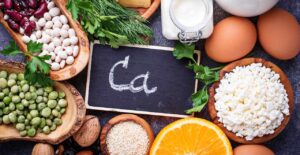
Those who don’t consume enough calcium often have high blood pressure, and similar to potassium, studies have shown that it’s better to consume calcium-rich foods rather than calcium supplements. There’s good news for vegans and those who are lactose intolerant: contrary to popular belief, you don’t need to drink milk or consume dairy at all to get your daily fill of calcium. Instead, load up on foods like legumes, leafy green vegetables, sardines, and tofu.
Reduce Stress Levels
Studies have shown that chronic stress can lead to high blood pressure. Of course, reducing stress is easier said than done for most of us, but it’s important to try to mitigate the stress in our lives that we actually do have control over. Getting enough sleep, meditation, and exercise are just a few examples of how you can manage stress on your own. And always remember that if the stress or anxiety is getting to be too much, there’s absolutely no shame in seeking out therapy!

